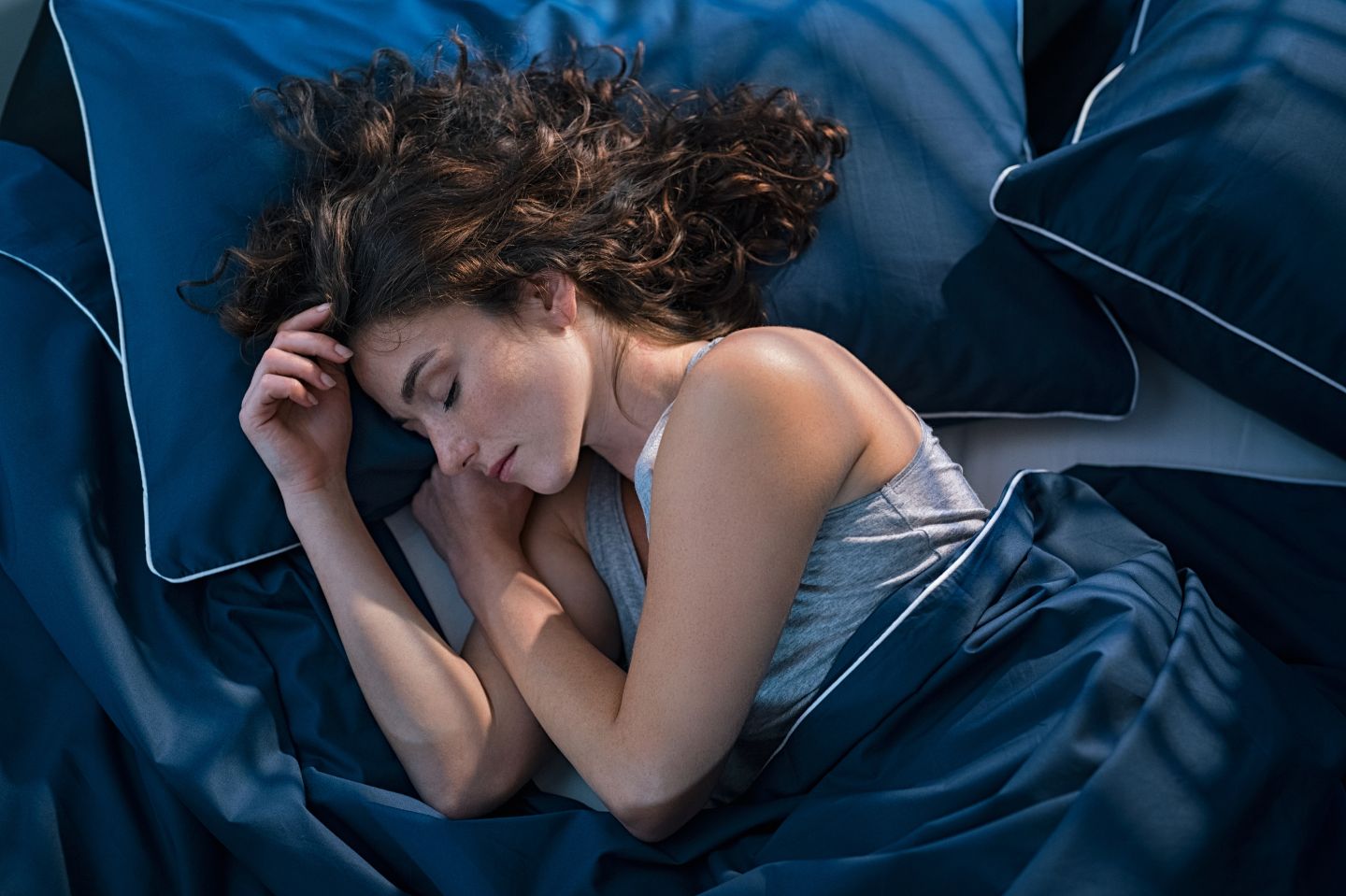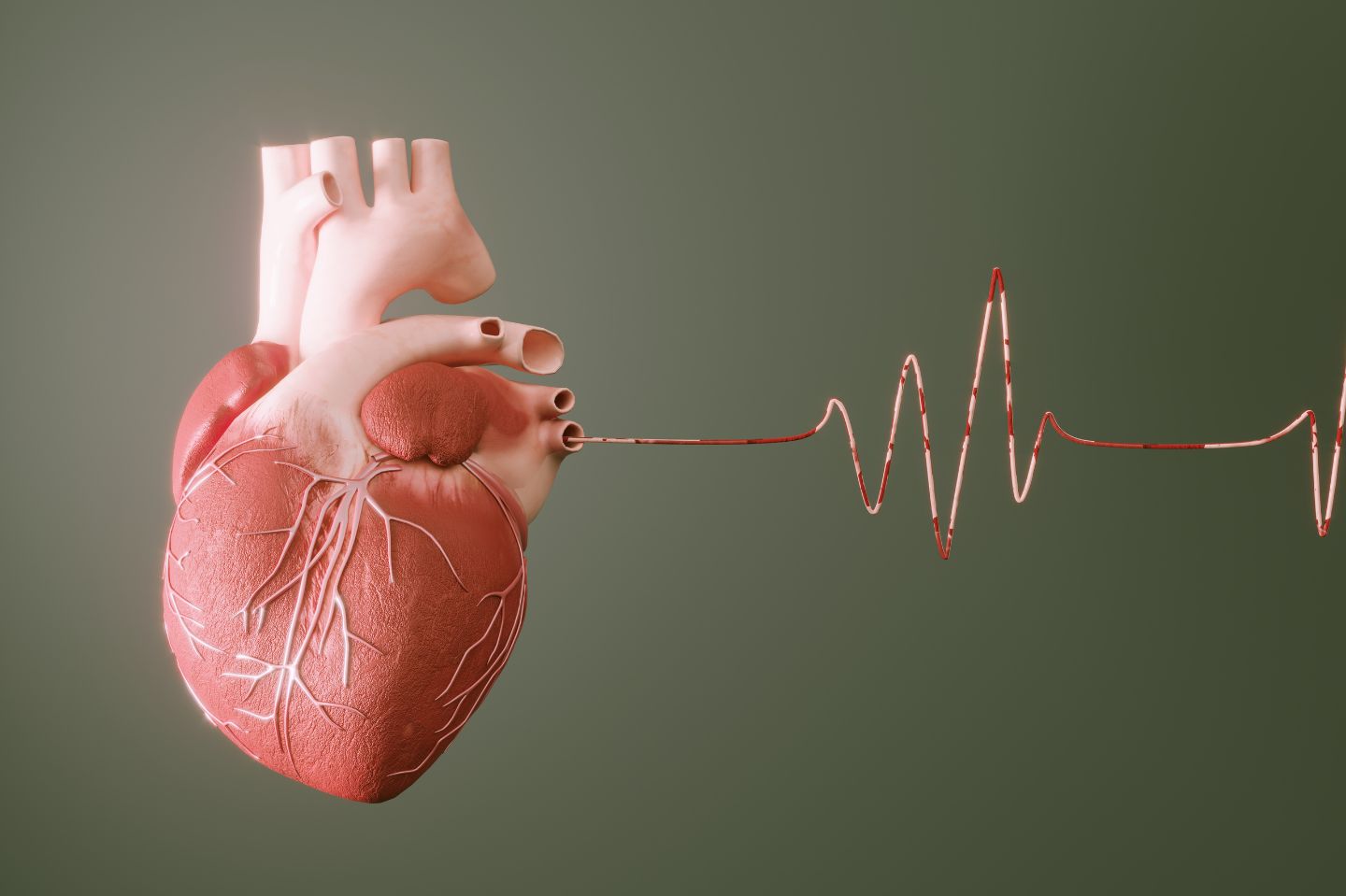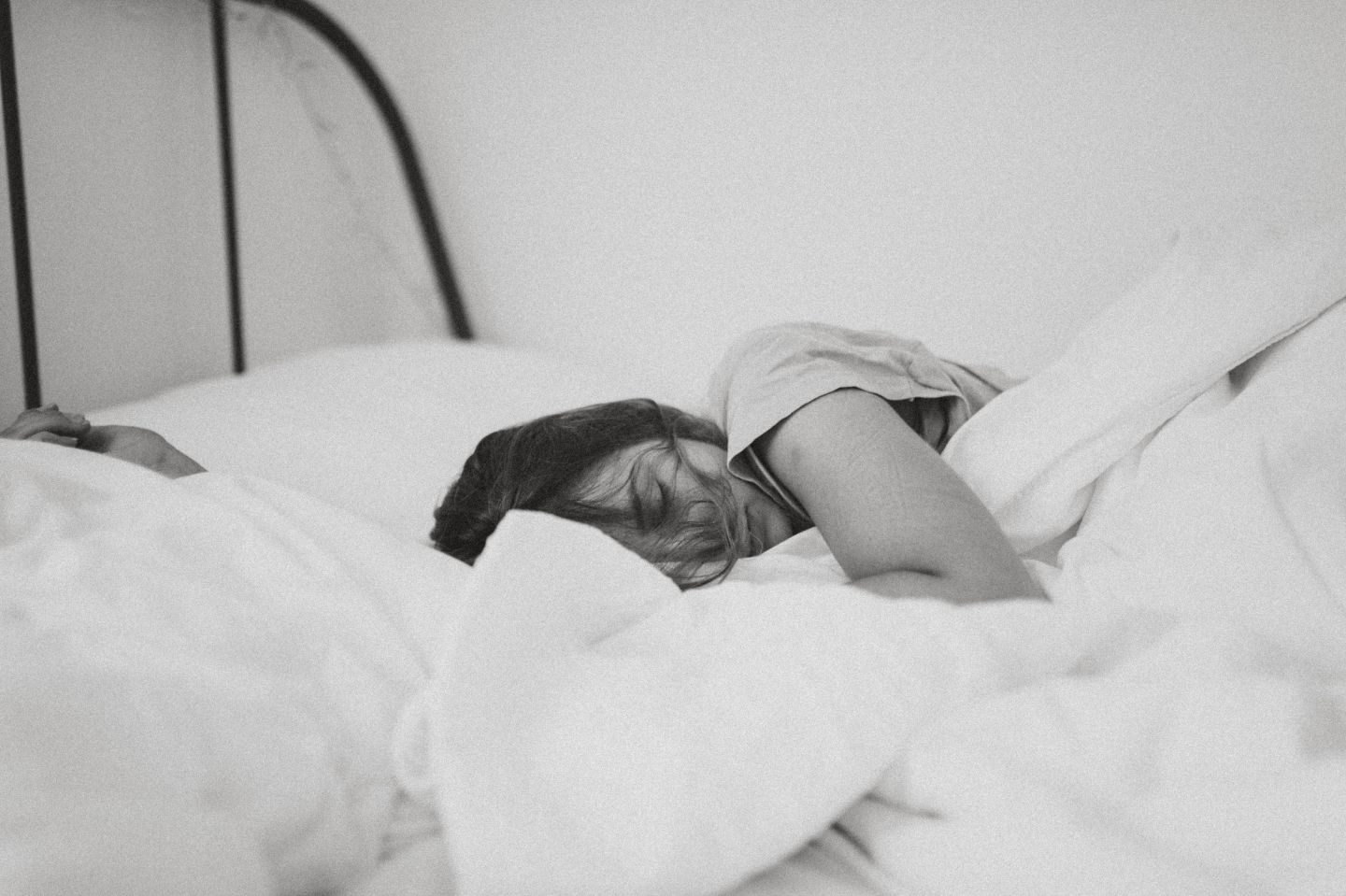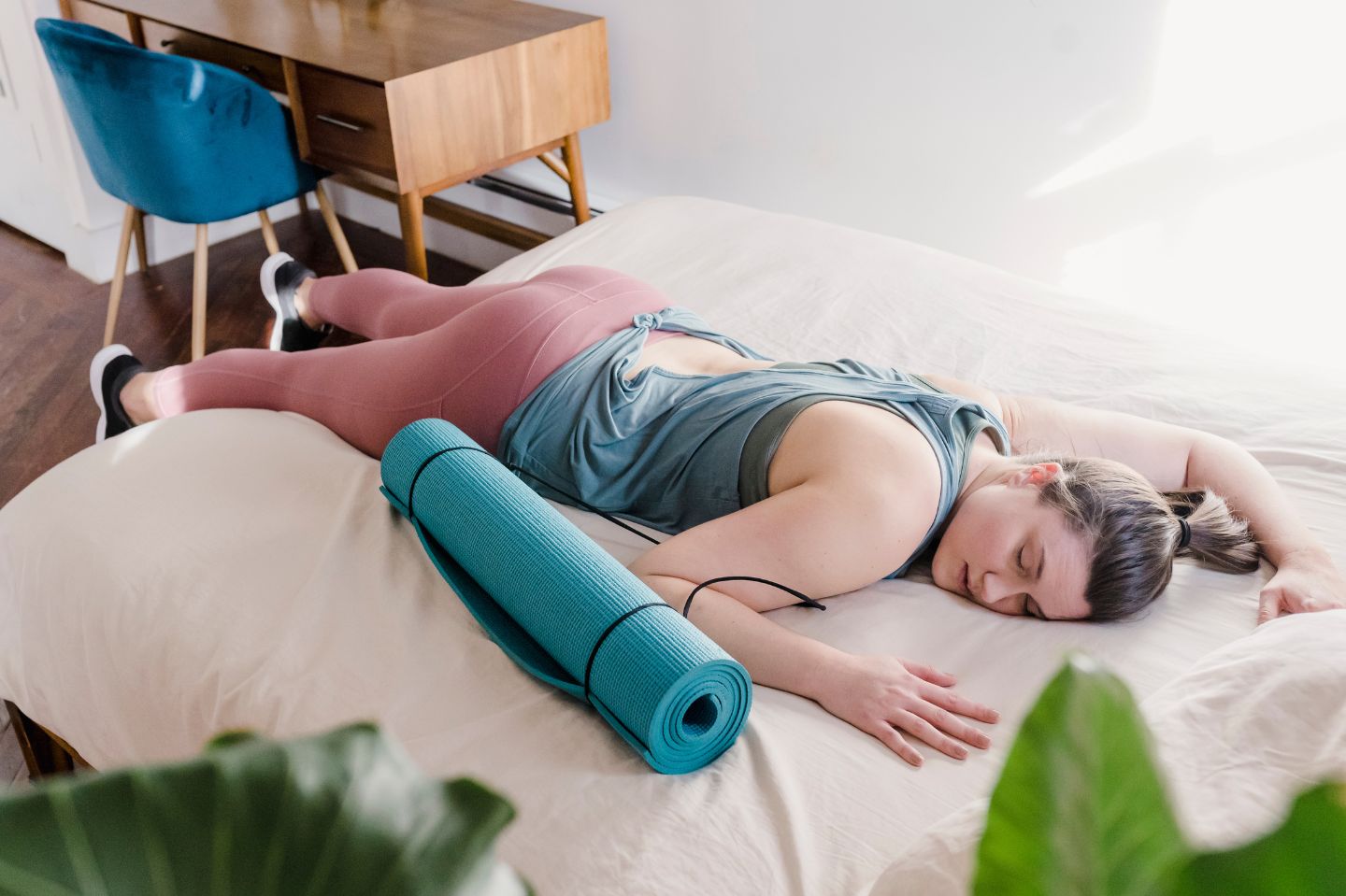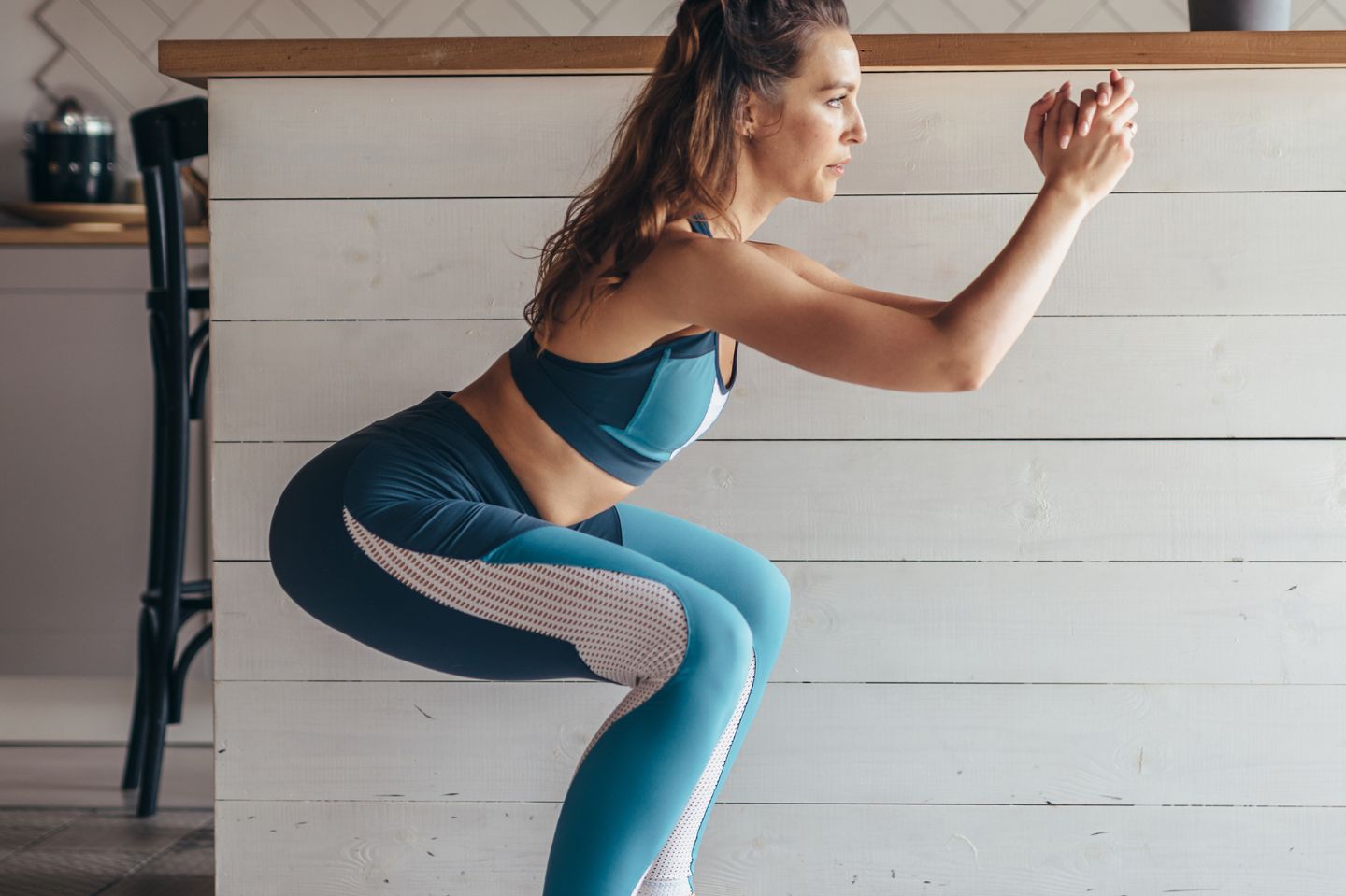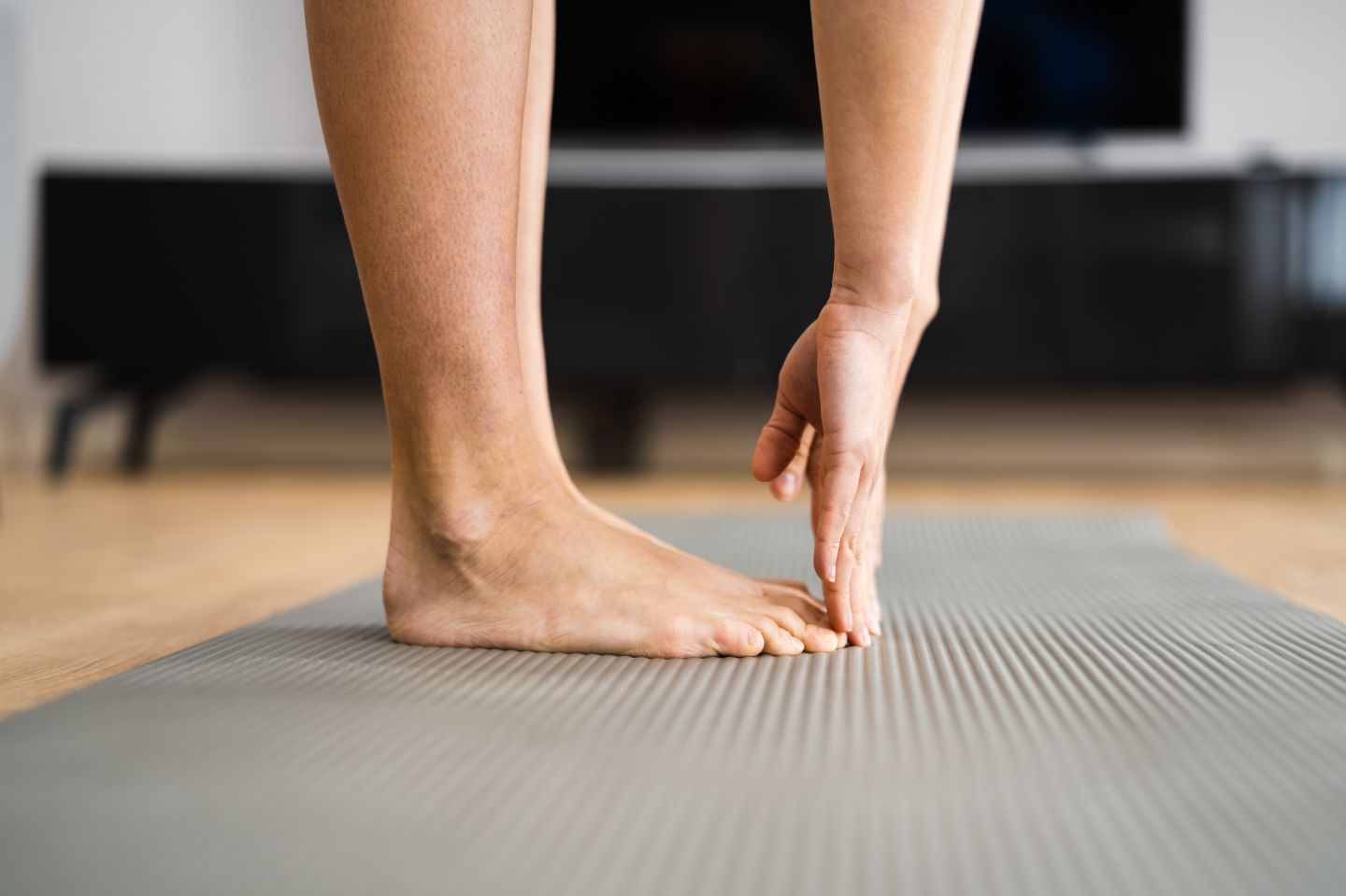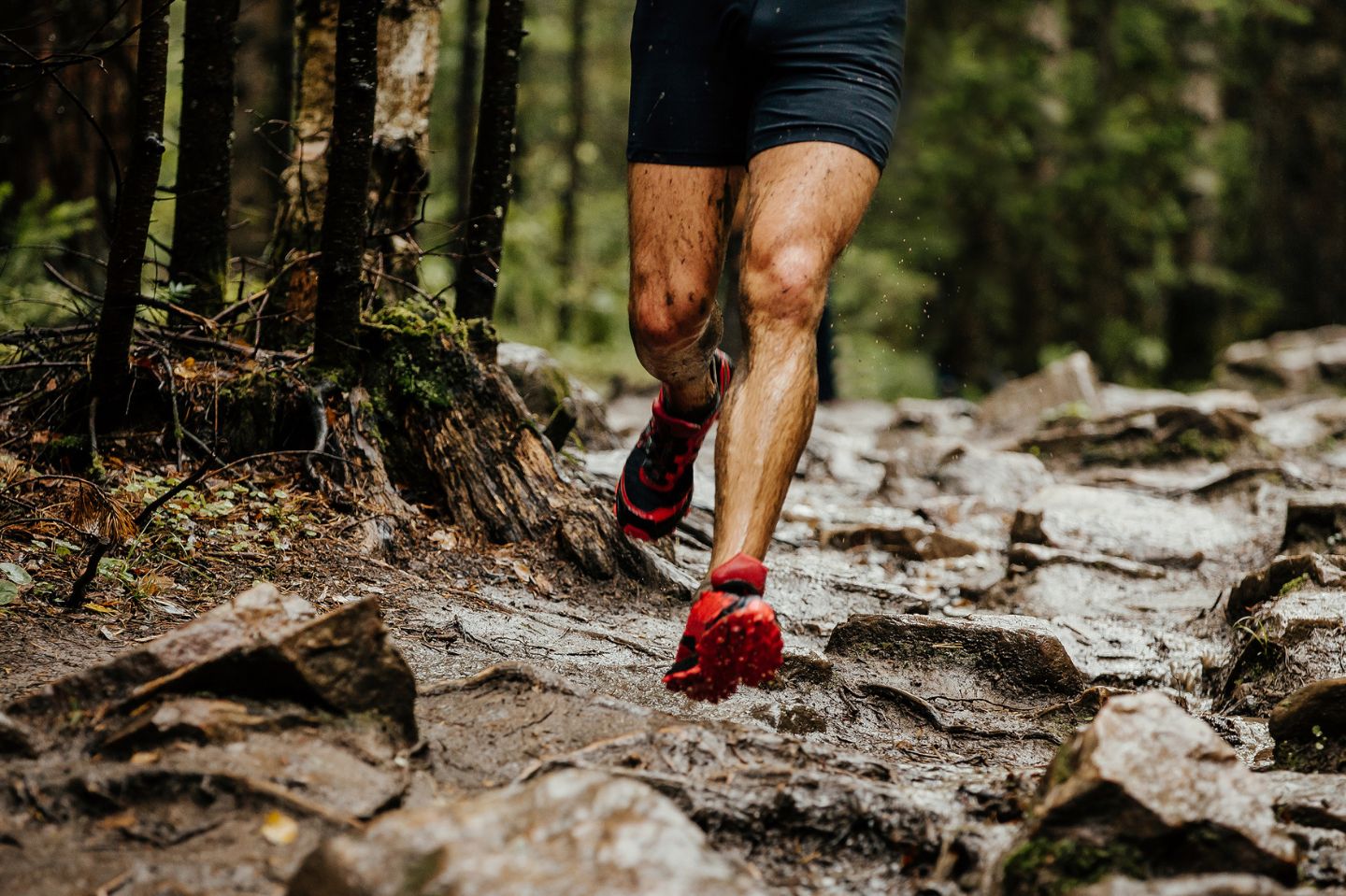In the pursuit of a healthy lifestyle, sleep and exercise often take center stage. While they might seem like distinct aspects of well-being, an intricate relationship exists between these two pillars of health. Recent scientific research has unraveled the surprising ways in which sleep and exercise influence each other.
In this article, we delve into the fascinating science behind this connection, shedding light on how these essential components work in harmony to optimize our overall health and vitality.
Understanding the Sleep-Exercise Link
- Quality Sleep Boosts Exercise Performance: Adequate sleep has been found to enhance athletic performance, reaction times, and coordination. It improves muscle recovery and reduces the risk of injuries, allowing individuals to excel in their physical endeavors. A study published in the European Journal of Applied Physiology (2011) indicated that sleep extension led to improved sprint times and hitting accuracy in basketball players.
- Exercise Enhances Sleep Quality: Engaging in regular physical activity is associated with better sleep quality and duration. It’s believed that exercise helps regulate the body’s internal clock, promoting healthy sleep patterns. A study in the Journal of Sleep Research (2013) demonstrated that participants who engaged in moderate aerobic exercise experienced better sleep quality compared to those who were sedentary.
The Role of Hormones
- Melatonin and Sleep: Melatonin, a hormone responsible for regulating sleep, is influenced by exercise. Studies show that moderate aerobic activity can elevate melatonin levels, potentially leading to better sleep. A study published in the Journal of Clinical Endocrinology & Metabolism (2012) found that a single session of moderate exercise increased evening melatonin levels.
- Cortisol and Exercise: Cortisol, known as the stress hormone, follows a daily rhythm called the cortisol awakening response (CAR). Engaging in morning exercise can synchronize CAR, potentially promoting better sleep patterns. A study in the Journal of Sleep Research (2015) highlighted that individuals who engaged in regular morning exercise had a more robust CAR.
The Timing Dilemma
- The Sleep-Exercise Timing Balance: The timing of exercise can impact sleep. While moderate exercise during the day can improve sleep quality, vigorous exercise too close to bedtime might have the opposite effect due to increased alertness. A study in the Sleep Medicine journal (2018) suggested that moderate-intensity exercise in the afternoon improved sleep quality in participants with insomnia.
- The Impact of Evening Workouts: Intense workouts close to bedtime can elevate core body temperature and adrenaline levels, potentially making it harder to fall asleep. Opt for more relaxed activities in the evening. A study published in the Sleep Journal (2019) demonstrated that late-evening vigorous exercise resulted in higher core body temperatures that persisted during sleep.
The Brain-Body Connection
- Brain Health: Sleep and exercise both play crucial roles in brain health. Sleep clears toxins from the brain, while exercise boosts blood flow, enhances memory, and stimulates the release of brain-boosting chemicals. Research published in the Proceedings of the National Academy of Sciences (2013) highlighted the role of sleep in cleansing the brain of waste products.
- Mood Regulation: Both sleep and exercise contribute to mood regulation. Sleep deprivation can lead to irritability and stress, while exercise releases endorphins that improve mood and reduce anxiety. A study in the Journal of Clinical Psychiatry (2018) suggested that exercise is effective in reducing symptoms of depression and anxiety.
Striking the Balance
- Prioritize Both: Rather than viewing sleep and exercise as separate entities, it’s important to recognize their synergistic relationship. Prioritize both to reap the maximum benefits for your overall health and vitality.
- Individual Variability: Every person’s sleep and exercise needs differ. Listen to your body and find a balance that works for you, ensuring you get the rest and physical activity you need.
Conclusion
The surprising science behind the intricate connection between sleep and exercise unveils the powerful role each plays in optimizing our well-being. From improving physical performance and recovery to enhancing brain health and mood regulation, these two pillars of health work hand in hand to create a harmonious and thriving lifestyle.
By recognizing and nurturing this connection, we can embark on a journey to vitality that encompasses the best of both worlds.





